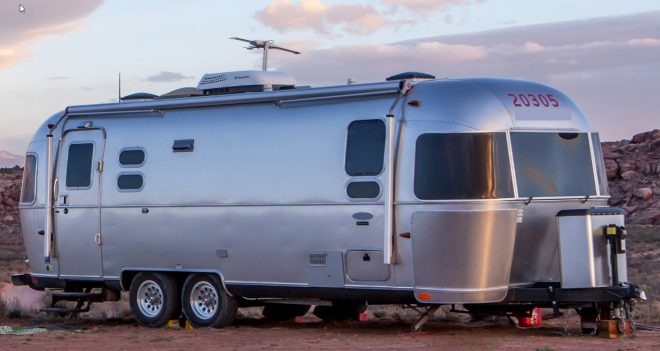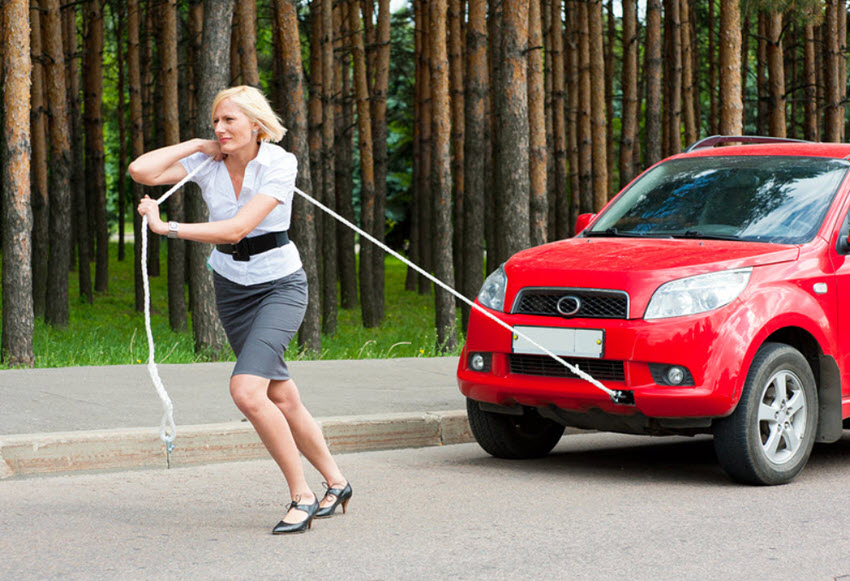Just because you’ve got a tow hitch doesn’t mean what you tow will be covered under your primary automobile insurance.
There are a high amount of mechanical issues which can develop from towing. Even if you know what you’re doing, there can be problems. Now that’s not to say you shouldn’t tow, it’s not to say there are no insurance options available.
It is to say you should know what you’re doing, and be careful. As far as insurance goes, what you’re looking for is twofold. Firstly, seek roadside assistance packages. These are designed to help vehicles that have issues on the side of the road. So, for example, if you got a flat, you could call roadside assistance. If you needed a jump, you could do the same. Secondly, insure what you’re towing.
Maximizing Roadside
It’s possible if you were towing a trailer and it got a flat, you could use roadside assistance to help solve the problem—this will depend on a few factors. Insurance with roadside assistance add-on packages include towing options, but these aren’t related to what you’re towing.
Basically, if you have a vehicle break down, through your tow package, you can get that vehicle towed. Some tow agencies may help tow a trailer if that becomes necessary; it will depend on the guy who ends up answering the call from the insurance company.
Tow Package Parameters
Generally, if you’ve got a tow package on your insurance, you’ll get something like four tows per year under that package, depending on the vehicle. Some insurance groups will allow you to add a tow package for as little as $50 paid in a yearly lump sum. Going the monthly route may increase the price.
That’s a pretty good deal when you step back and crunch the numbers. A single tow is going to cost between $400 and $1,000, depending on the size of the vehicle being towed, and where you are when you need assistance. Approximately $50 can get you between $1,600 and $4,000 in value, potentially. However, don’t abuse the privilege!
If you do, then you may not be able to get a tow package on that vehicle going forward owing to its inherent risk for the insurance company. That said, it’s worth noting that there are insurance packages which can extend liability coverage to towed trailers, but the trailers must be eligible, as must any towed vehicles.
Trailers Eligible For Insurance Coverage
There are regulations related to trailers. Utility and travel trailers, or horse trailers, that you own and are registered in your name can be  eligible. If you don’t own a trailer, or you’re renting it, then auto insurance probably won’t provide any sort of liability coverage. Something else you can do is take out individual policies on the vehicles or trailers you’re towing.
eligible. If you don’t own a trailer, or you’re renting it, then auto insurance probably won’t provide any sort of liability coverage. Something else you can do is take out individual policies on the vehicles or trailers you’re towing.
These tend to be pretty reasonable, depending on the insurance group you go through. It’s not a bad idea to contact a few different insurance groups to get an idea of pricing, and see if you’ve got any discount maneuverability through the salespeople trying to sign you on a policy.
Assuring Towing Equipment Is Insurable
What will help you get a better rate will be having a reliable towing capacity on your vehicle. If you install a towbar yourself, you may have to pay more in terms of insurance, or not be eligible. However, if you get your towbar professionally installed through a group like Speedy Towbars, you’ll have a better chance of being approved.
To fully maximize your vehicle’s potential, and give you the most options when unexpected things happen, you’ll want to have a towbar if you don’t already. Provided you plan things out and insure whatever you use that towbar for, you can be assured of your assets as you travel.

